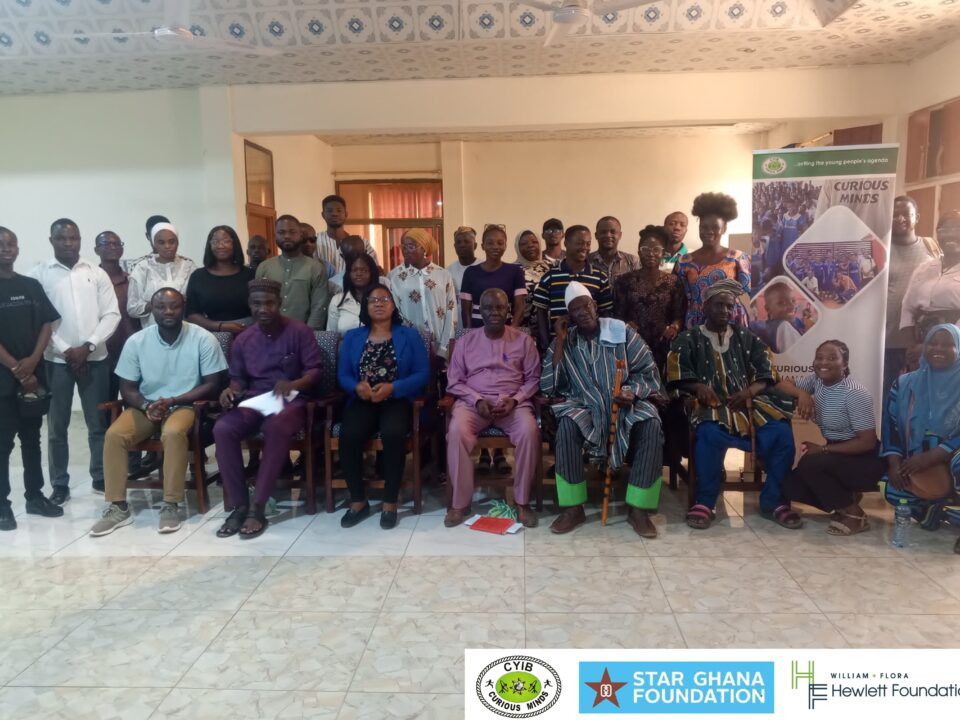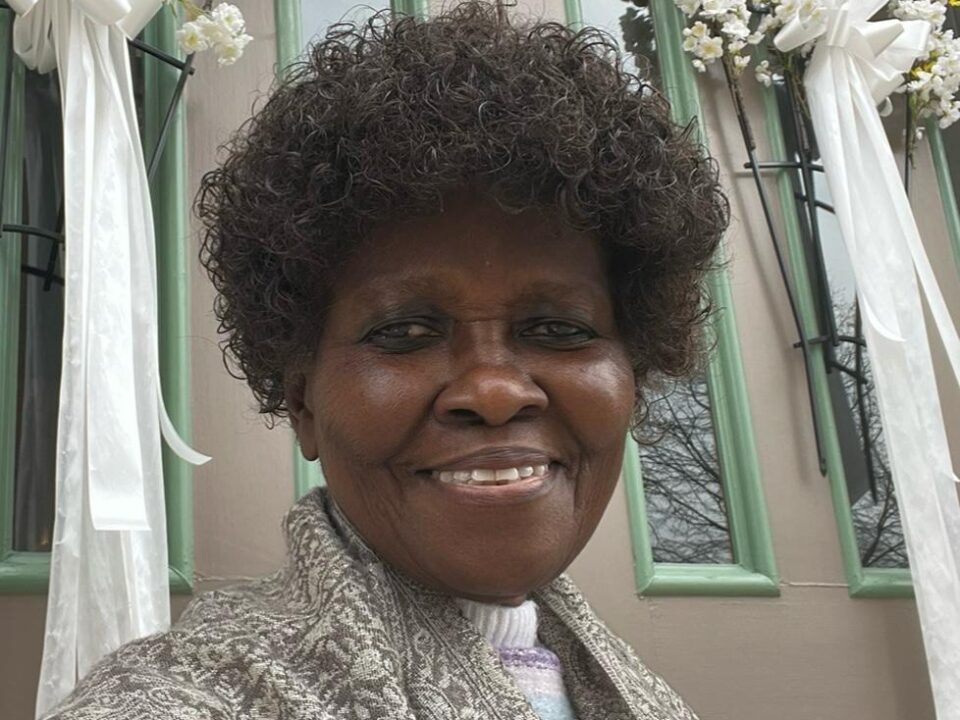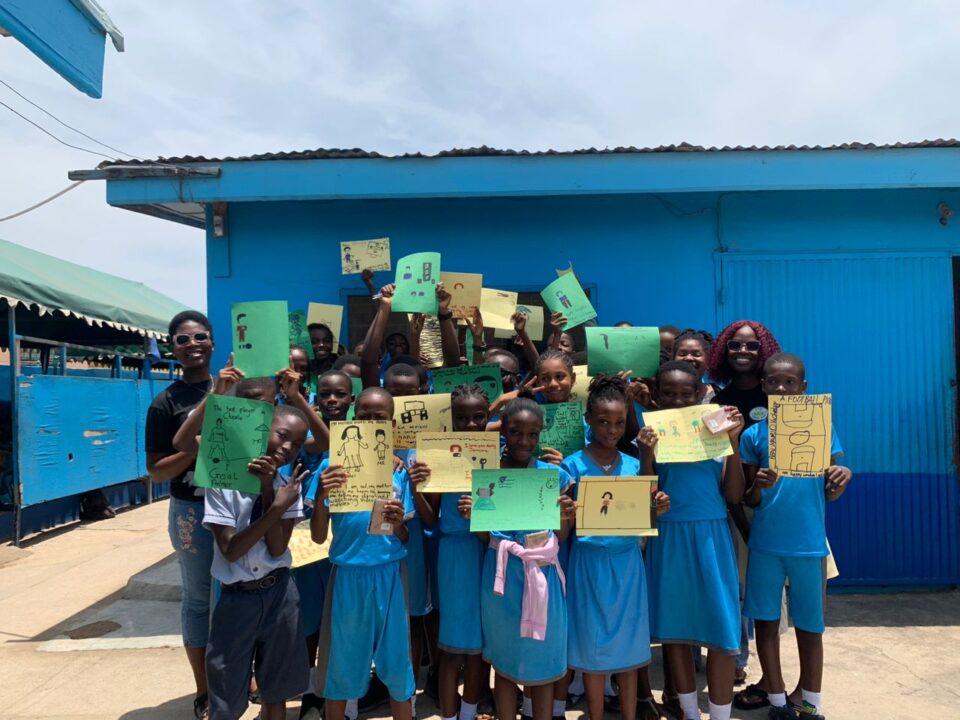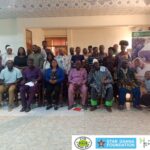
Curious Minds Climaxes Youth for Governance Project with Call for Youth Inclusion in Leadership
April 23, 2025In a bold step towards addressing the high rates of teenage pregnancy in the Asene Manso Akroso District, Curious Minds Ghana has successfully concluded another three-day capacity building workshop aimed at empowering young people with knowledge and skills to protect themselves and their peers in the reduction of teenage pregnancy in their communities.
The workshop, held from April 22nd – 24th, 2025, brought together twenty-two (22) young people aged between 16 and 25 years from the communities of Akim Manso and Akim Asuboa in the Asene Manso Akroso District. The initiative forms part of the “Sustainable Development through Sexual and Reproductive Health and Rights (SRHR)” project, initiated in 2024 with support from the Swedish Association for Sexuality Education (RFSU) where youth champions were trained to educate community members on SRHR related topics and basic communication skills and approach.
According to statistics from the Ghana Health Service, the Asene Manso Akroso District’s teenage pregnancy rate was reported at 10.4% in 2024, a figure higher than the regional average of 5.9%. Many girls in the area continue to face barriers to education, limited access to reproductive health information, and socio-economic vulnerabilities that make them prone to early pregnancy.
During the workshop, participants engaged in an array of educational sessions focused on Sexual and Reproductive Health. Topics included menstrual hygiene management, contraceptive use, abstinence, prevention of sexually transmitted infections (STIs), and consent education. The sessions employed case studies, visual aids, and practical demonstrations to facilitate understanding and encourage active participation.
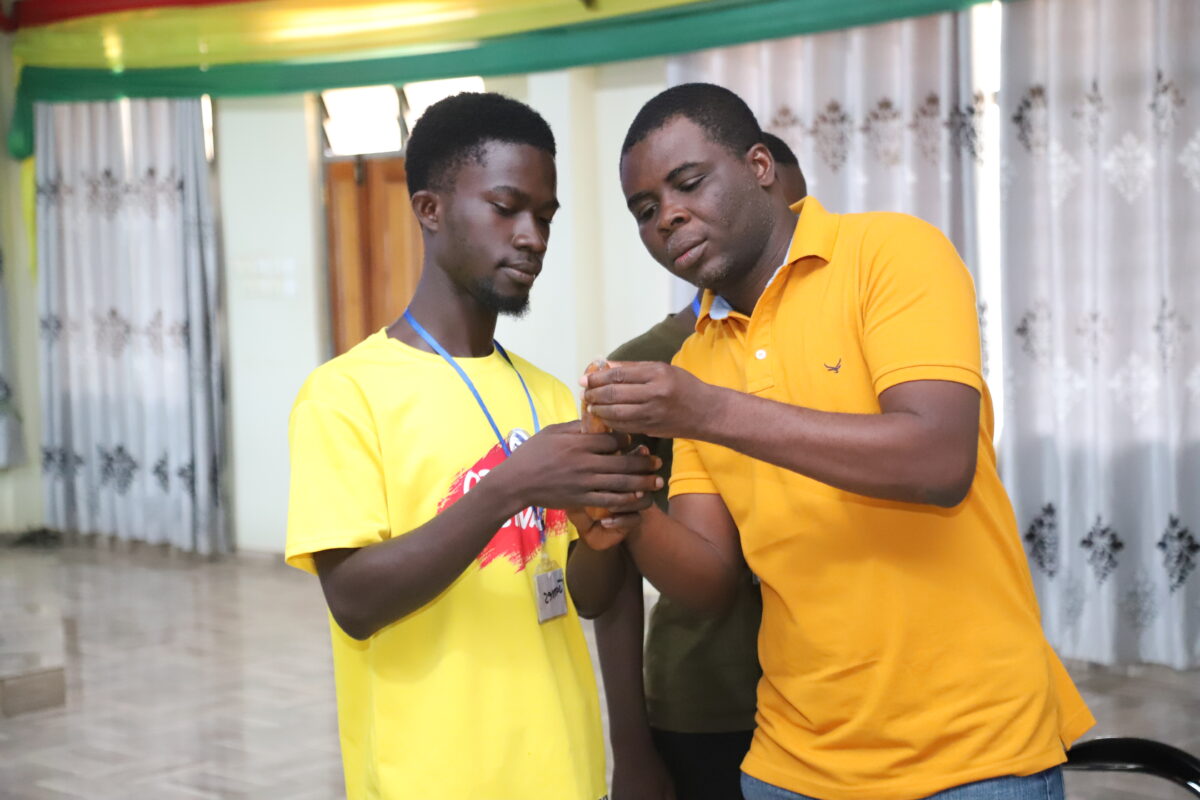
The life skills development session, led by Hannatu Kobiah, programs officer, with the support of Edmund Agbeve, the resource mobilisation lead at Curious Minds Ghana, centred on self-esteem building, decision-making, leadership skills, and resisting peer pressure among the young people. During the session on peer pressure, some participants emphasized instances where their peers faced criticism for choosing to remain chaste (i.e., keeping their virginity) within their communities.
In contrast, others bragged about having multiple sexual partners and the enjoyment of engaging in unprotected sex. This led to introducing the popular slang among the young people, “Champagne”, during the discussion. Facilitators explained that this popular term among young people referred to “Coitus Interruptus,” which is often not practised correctly, and should be stopped, advising participants to either stay chaste or use contraception.
In a lively and heated discussion on self-esteem, participants debated the influence of parents and relatives on their self-worth. Some conveyed feelings of neglect from their parents during their upbringing, while others argued that parental challenges should not impede their ability to nurture their children’s self-esteem. They voiced that small gestures of support from parents could significantly impact youth development.
In addition, participants learned peer-to-peer educational techniques, focusing on SRHR, personal hygiene, contraceptive use, especially proper condom usage and disposal and menstrual hygiene management. They also received training on data collection and management.
Interactive methods such as group discussions and personal storytelling were utilized to foster engagement and reflection. James Duodu, a participant from Akim Manso, stated, “Before this training, I thought discussing sexual health was taboo. Now I understand it’s essential for my safety and that of my friends.”
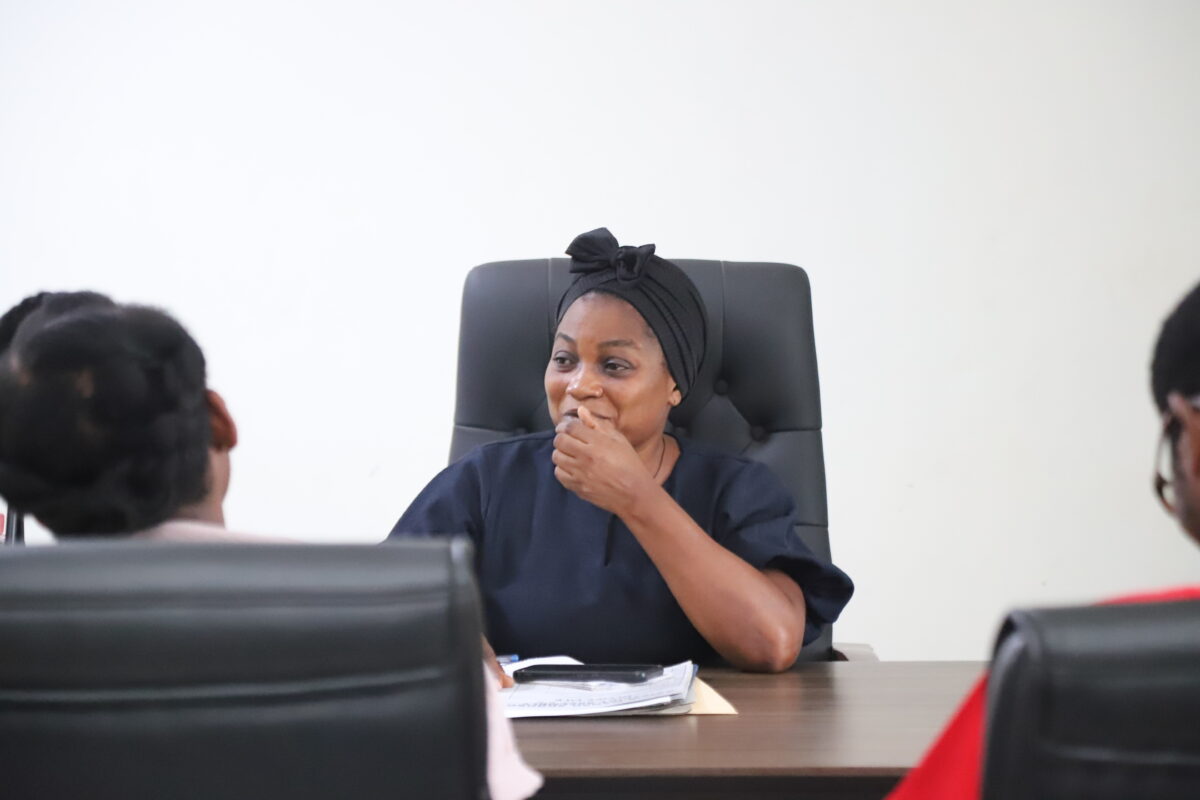
The District Coordinating Director expressed her enthusiasm for the project, indicating her readiness to support its implementation and highlighting areas in need of further attention, particularly regarding the future of young girls in the district. The Assemblymen from the two communities also attended the training to monitor community involvement.
Victoria Apefa Tika, another participant from Akim Manso, shared her insight, saying, “After finishing SHS, I believed contraception was solely about condoms. This training has expanded my understanding of family planning methods, abortion, and the correct way to use and dispose of condoms.”
In conclusion, the capacity-building workshop organized has empowered youth in the Asene Manso Akroso District to take a proactive role in combating teenage pregnancy. The backing of local leaders and a commitment to ongoing education, this project holds promise for reducing teenage pregnancy rates and ensuring a brighter future for young people in the community. The active engagement and insightful discussions during the workshop highlight the pressing need for continued support and education, paving the way for meaningful change in the region.

